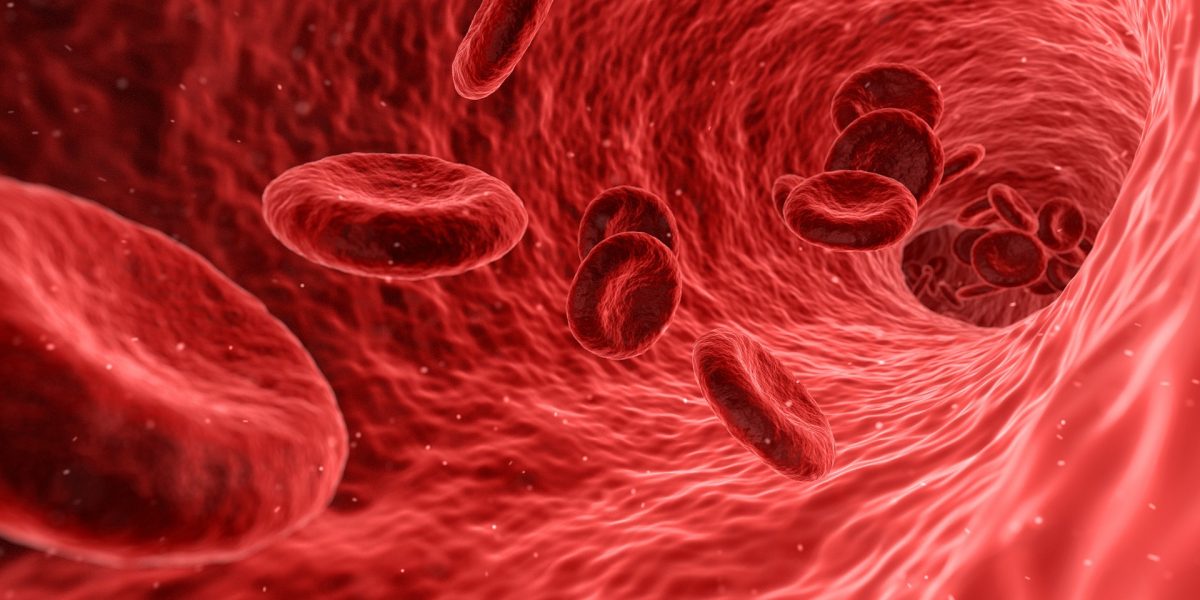
Federal research grants fuel discovery at UM medical college
The molecular mechanisms of the immune system and the intricate workings of the brain are two of the research areas in which professors from the Max Rady College of Medicine have secured recent federal funding from the Natural Sciences and Engineering Research Council (NSERC).
Most of the 14 funded professors lead labs in the basic science departments of the medical college, such as immunology, physiology and pathophysiology, or biochemistry and medical genetics.
Their five-year discovery grants and one-year discovery launch supplements from NSERC total $545,000.
“Congratulations on obtaining these prestigious grants in support of cutting-edge science,” said Dr. Brian Postl, dean of the Max Rady College of Medicine and the Rady Faculty of Health Sciences. “We are fortunate to have a wealth of experts at UM whose laboratory discoveries have exciting potential to benefit human health.
“These NSERC grants also make it possible for our professors in medicine to train a large number of undergraduate and graduate students in state-of-the-art research techniques.”
Here are the funded studies:
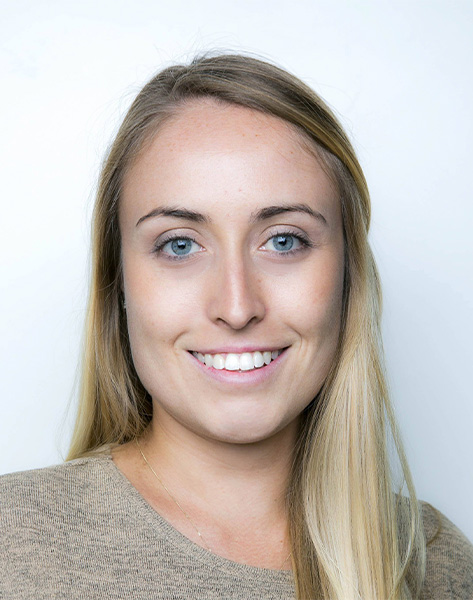 Dr. Heather Armstrong, assistant professor, internal medicine; Canada Research Chair in integrative bioscience; researcher, Children’s Hospital Research Institute of Manitoba (CHRIM)
Dr. Heather Armstrong, assistant professor, internal medicine; Canada Research Chair in integrative bioscience; researcher, Children’s Hospital Research Institute of Manitoba (CHRIM)
Discovery Grant: $28,000; Discovery Launch Supplement: $12,500
Armstrong’s team will focus on dietary fibres from agricultural products. They will examine how certain fibres alter microbial communities in the gut that are needed for the fermentation of fibre, and how this influences immune responses in the gut.
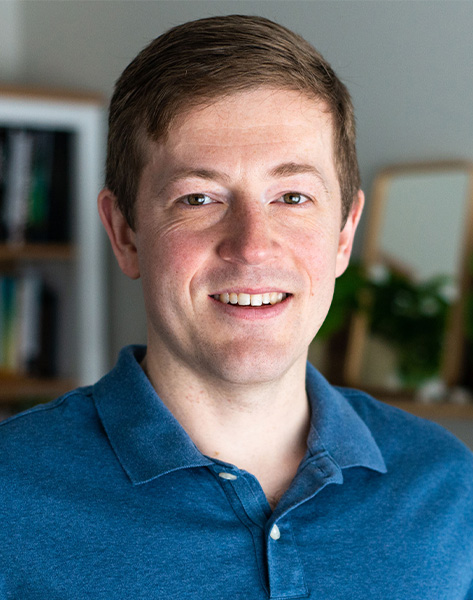 Dr. Robert Beattie, assistant professor, biochemistry and medical genetics
Dr. Robert Beattie, assistant professor, biochemistry and medical genetics
Discovery Grant: $37,000; Discovery Launch Supplement: $12,500
Beattie’s project centres on gene function in the normal embryonic development of brain cells in the cerebral cortex. His team will use new genetic technologies to examine molecular regulators of the proliferation of a specific kind of neural stem cell.
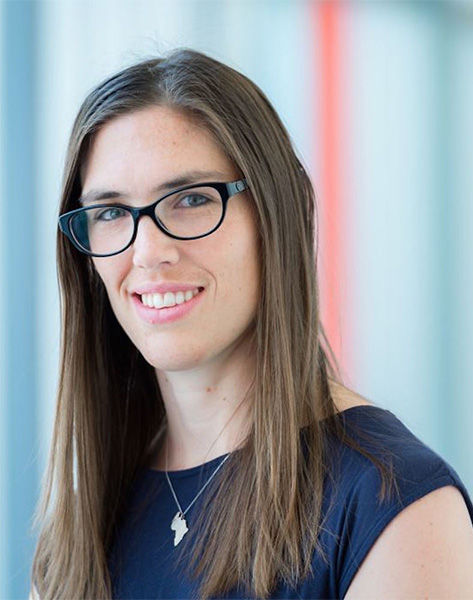 Dr. Britt Drögemöller, assistant professor, biochemistry and medical genetics; Canada Research Chair in pharmacogenomics and precision medicine; researcher, CHRIM
Dr. Britt Drögemöller, assistant professor, biochemistry and medical genetics; Canada Research Chair in pharmacogenomics and precision medicine; researcher, CHRIM
Discovery Grant: $37,000; Discovery Launch Supplement: $12,500
Drögemöller’s team will perform genomic analyses to identify novel genes and genetic pathways associated with variability in human hearing. They will also look at sex-specific auditory differences and how genetic pathways for hearing change as people age.
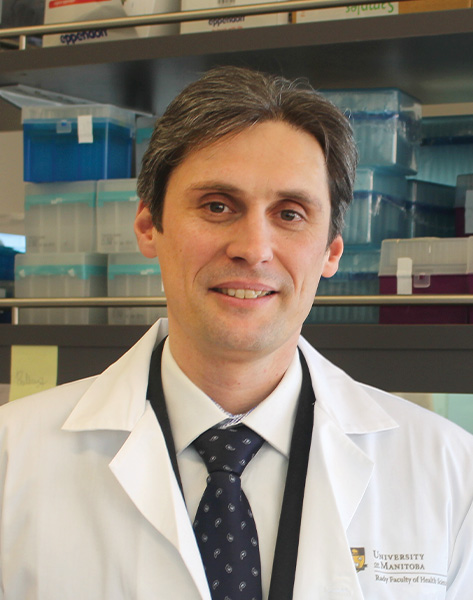 Dr. Jean-Eric Ghia, professor, immunology; researcher, CHRIM
Dr. Jean-Eric Ghia, professor, immunology; researcher, CHRIM
Discovery Grant: $33,000
Ghia will examine the role of a stress protein in the gut microbiota and in smooth muscle contractions of the colon. In mice bred to lack this protein, his team will test whether a fecal microbiota transfer improves colonic muscle contraction.
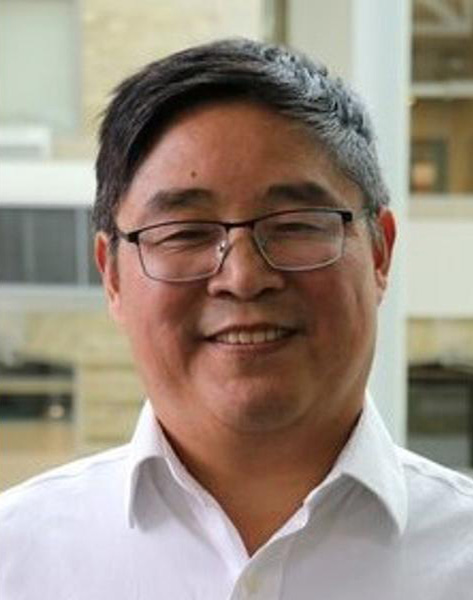 Dr. Depeng Jiang, associate professor, community health sciences; researcher, CHRIM
Dr. Depeng Jiang, associate professor, community health sciences; researcher, CHRIM
Discovery Grant: $18,000
Jiang, a biostatistician, will develop new statistical models for multilevel data research by using a high-efficiency computer lab for statistical computations and simulations. These new models will provide researchers with new ways to understand their data.
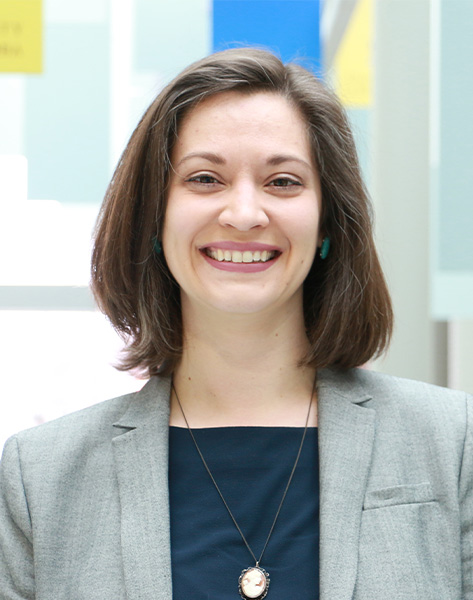 Dr. Meaghan Jones, assistant professor, biochemistry and medical genetics; researcher, CHRIM
Dr. Meaghan Jones, assistant professor, biochemistry and medical genetics; researcher, CHRIM
Discovery Grant: $31,000; Discovery Launch Supplement: $12,500
Jones will investigate how genes help cells to detoxify after exposure to dioxins, which are environmental pollutants. Her team aims to determine whether cells “remember” exposure to dioxins and mount a stronger response upon re-exposure, and whether this differs between embryos and adult mammals.
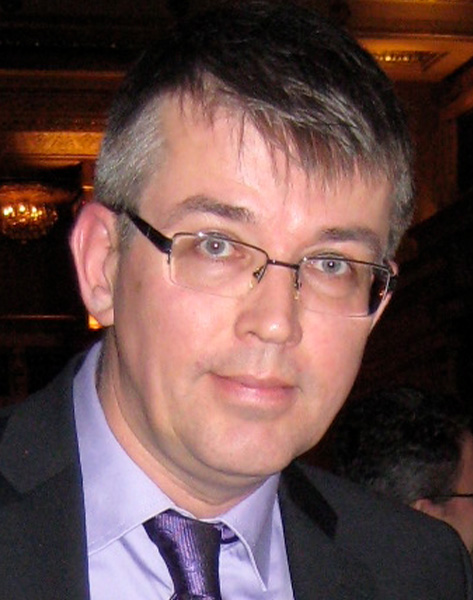 Dr. Oleg Krokhin, associate professor, internal medicine
Dr. Oleg Krokhin, associate professor, internal medicine
Discovery Grant: $24,000
Krokhin, whose field is proteomics (the large-scale study of proteins), seeks to assist labs in separating peptides, which are produced when proteins are broken down. With the goal of advancing peptide separation science, his team will generate innovative tools and techniques.
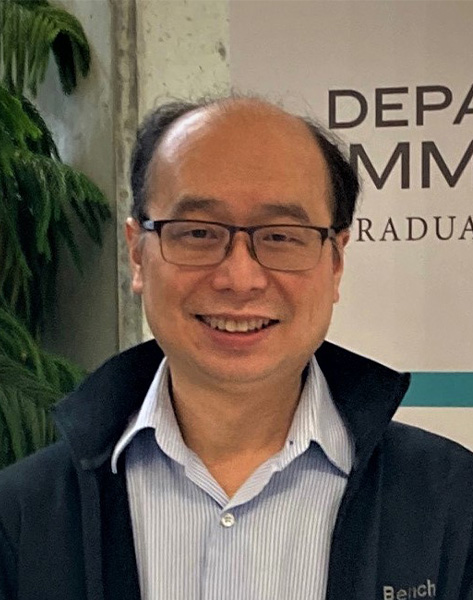 Dr. Sam Kung, professor, immunology
Dr. Sam Kung, professor, immunology
Discovery Grant: $32,000
Kung’s project focuses on “natural killer” cells, which are important in maintaining immunity to viruses and tumors. His team will examine how a particular protein regulates natural killer cell biology, in part by studying mice that lack this protein.
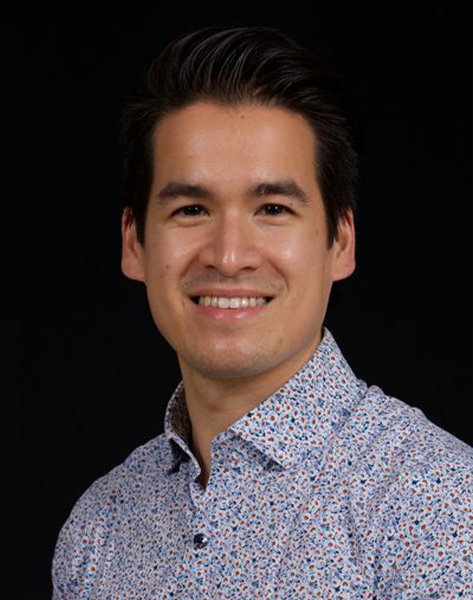 Dr. Liam O’Neil, assistant professor, internal medicine; researcher, Manitoba Centre for Proteomics and Systems Biology
Dr. Liam O’Neil, assistant professor, internal medicine; researcher, Manitoba Centre for Proteomics and Systems Biology
Discovery Grant: $28,000; Discovery Launch Supplement: $12,500
O’Neil’s study centres on neutrophils, which are blood cells on the front line of the immune system. His team will investigate how neutrophils modify their release of proteins to improve their ability to neutralize invading pathogens.
 Dr. Deanna Santer, assistant professor, immunology; GSK Endowed Research Chair in immunobiology of infectious diseases; researcher, CHRIM
Dr. Deanna Santer, assistant professor, immunology; GSK Endowed Research Chair in immunobiology of infectious diseases; researcher, CHRIM
Discovery Grant: $28,000; Discovery Launch Supplement: $12,500
Santer’s focus is type III interferons – proteins released by the immune system to fight viruses. Her team will study their signaling and receptor biology, illuminating processes such as what happens immediately after these interferons bind their receptor in individual immune cells.
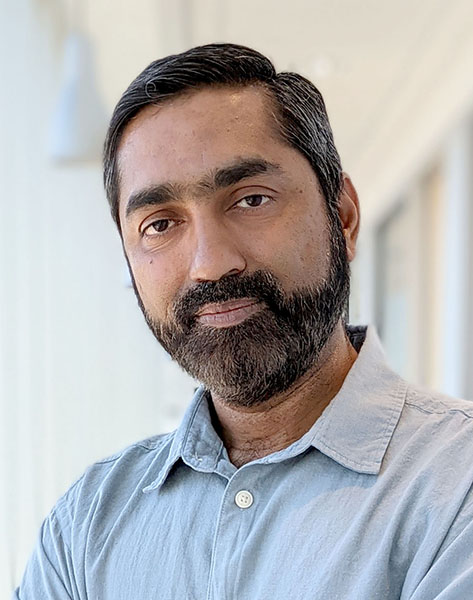 Dr. Tabrez Siddiqui, associate professor, physiology and pathophysiology; principal investigator, Kleysen Institute for Advanced Medicine
Dr. Tabrez Siddiqui, associate professor, physiology and pathophysiology; principal investigator, Kleysen Institute for Advanced Medicine
Discovery Grant: $56,000
Siddiqui’s team will explore the role of synapse-organizing proteins in synapse development in the brain. They will investigate, for example, how these proteins govern brain lamination (cell layering) and plasticity, and how they control synapse numbers.
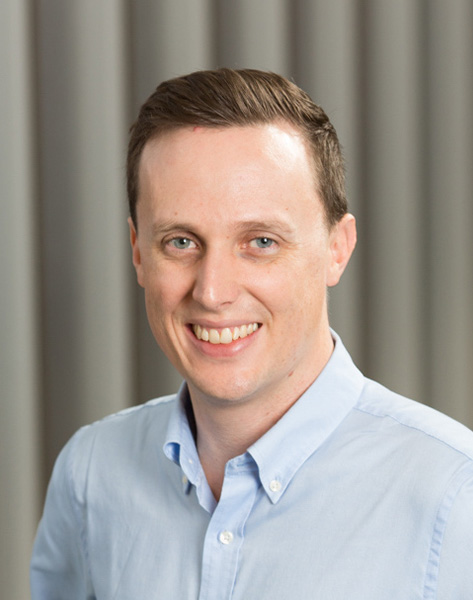 Dr. Galen Wright, assistant professor, pharmacology and therapeutics; Canada Research Chair in neurogenomics; principal investigator, Kleysen Institute for Advanced Medicine
Dr. Galen Wright, assistant professor, pharmacology and therapeutics; Canada Research Chair in neurogenomics; principal investigator, Kleysen Institute for Advanced Medicine
Discovery Grant: $28,000; Discovery Launch Supplement: $12,500
Wright uses genomics to study DNA repair processes in the human brain. His team will use computational analyses and human stem cell-derived neural models to identify important DNA repair genes and explore the mechanisms underlying how they are regulated.
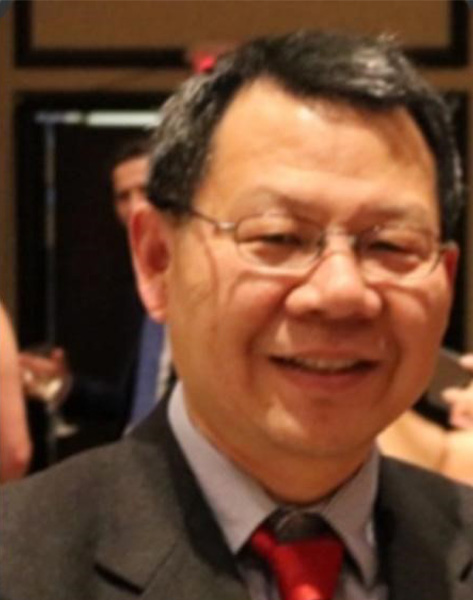 Dr. Jiuyong Xie, professor, physiology and pathophysiology
Dr. Jiuyong Xie, professor, physiology and pathophysiology
Discovery Grant: $32,000
Xie aims to understand how genes have evolved to produce diverse RNA and protein products through an innate process called “alternative pre-mRNA splicing.” His team will use state-of-the-art techniques to uncover molecular details, helping to predict how splicing will evolve in the future.
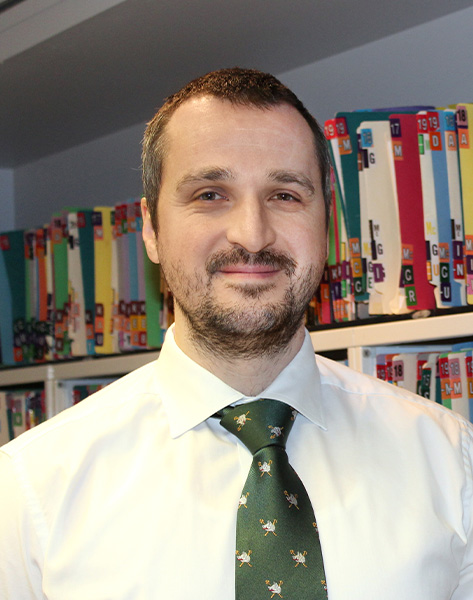 Dr. Frederick Zeiler, associate professor, surgery; Rudy Falk Clinician-Scientist Professor
Dr. Frederick Zeiler, associate professor, surgery; Rudy Falk Clinician-Scientist Professor
Discovery Grant: $33,000; Discovery Launch Supplement: $12,500
Zeiler will develop new techniques for continuous rapid assessment of cerebral autoregulation (control of blood flow to the brain by cerebral blood vessels) in healthy humans. This will allow for analysis of variations in brain regions and differences based on age and sex.






